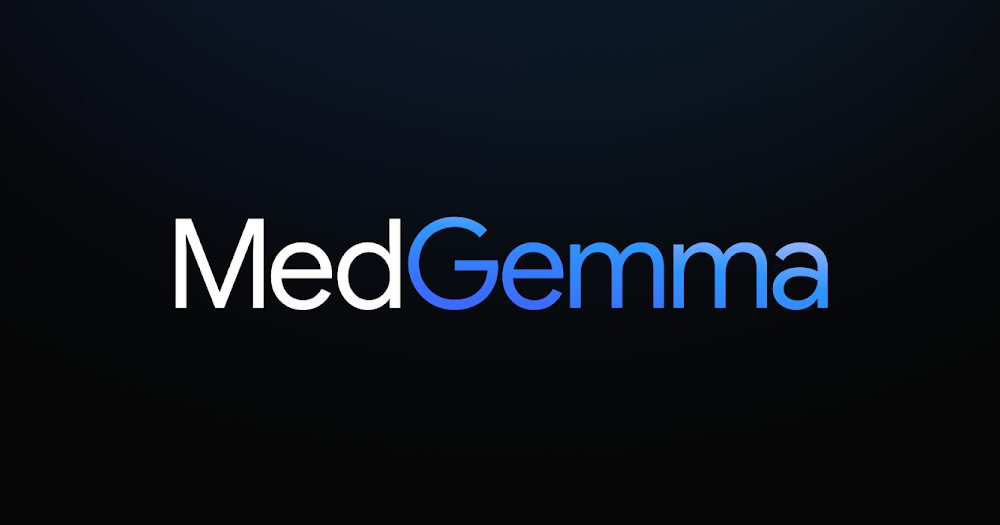Google releases MedGemma, an open suite of models for medical text and image comprehension

At this year's Google I/O, Google dropped a game-changer for health tech: MedGemma. It's not just another AI release — it's an open-source suite of models trained to tackle medical images and text side by side. Built on the sturdy backbone of the Gemma 3 architecture, MedGemma promises to become a Swiss Army knife for developers in digital health, offering tools that could revolutionize how machines "see" and "read" in medicine.
As one Google researcher put it, "The ability to understand both visual and textual medical data is foundational to modern healthcare applications." MedGemma steps up to that challenge, full throttle.
How does it work?
Think of MedGemma as a two-headed brain — each side smart in its own way:
- MedGemma 4B: A 4-billion parameter whiz kid that gets both images and text. Thanks to a SigLIP image encoder trained on a wide range of anonymized medical visuals — X-rays, skin images, eye scans, even biopsy slides — this model can classify and interpret what it sees. Meanwhile, its language model has been fed a steady diet of clinical lingo to make sense of the words around those pictures.
- MedGemma 27B: A text-only behemoth with 27 billion parameters. This one's tuned for deeper medical reasoning. Whether it's parsing a clinician's scribbles or summarizing lengthy case notes, 27B is your go-to. It's all instruction-tuned, meaning it's trained to follow medical tasks and prompts with precision.
Deployment is flexible:
- Test it locally or scale it up on Google Cloud's Vertex AI
- Grab it via Hugging Face (as long as you agree to the Health AI terms)
- Google even throws in Colab notebooks to get you rolling
Why does it matter?
Because healthcare is drowning in data — and most of it is locked up in images and messy notes.
- Doctors can't read every scan, every time
- Clinicians need help triaging complex patient records
- AI could spot patterns the human eye might miss
MedGemma isn't meant to replace your doctor — it's designed to supercharge the workflow. Picture a radiologist getting an AI-powered second opinion or a hospital system that can flag high-risk patients based on text summaries alone.
And it's all open-source. That's a big deal. It means developers don't need deep pockets or a PhD to get started. "Making powerful tools accessible is the first step toward democratizing innovation in health," said one developer advocate during the announcement.
The context
MedGemma arrives at a critical moment. The intersection of AI and healthcare is heating up, with new players, new promises, and — let's be honest — a lot of hype. But Google's stepping in with something concrete, trained on real medical data (de-identified, of course), and ready for real-world tinkering.
Let's not forget:
- Medical AI has had trust issues, especially with black-box models
- There's a growing demand for transparent, customizable, and locally testable tools
- Clinical environments vary wildly — off-the-shelf AI rarely fits all
That's where MedGemma shines. It's not a silver bullet — but it's a powerful head start for anyone building the next wave of digital health tools.
💡Did you know?
You can take your DHArab experience to the next level with our Premium Membership.👉 Click here to learn more
🛠️Featured tool
 Easy-Peasy
Easy-Peasy
An all-in-one AI tool offering the ability to build no-code AI Bots, create articles & social media posts, convert text into natural speech in 40+ languages, create and edit images, generate videos, and more.
👉 Click here to learn more


